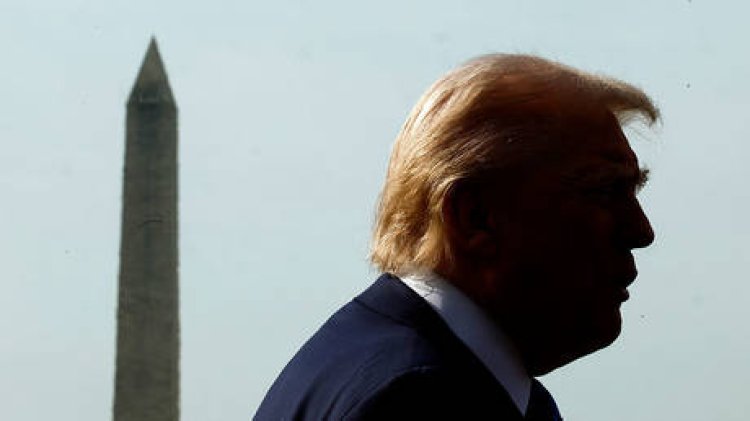Dmitry Trenin Explains Why Trump’s Foreign Policy Is Deliberate, Not Disordered
<b>America’s New Realism: Peace with Russia and a Focus on China</b> The initial 100 days of Donald Trump’s second term have led to extensive analysis framing him as a revolutionary figure. While the intensity and urgency of his actions are...

The initial 100 days of Donald Trump’s second term have led to extensive analysis framing him as a revolutionary figure. While the intensity and urgency of his actions are noteworthy, this perspective misses the deeper reality. Trump is not dismantling the core of the American state or society. Rather, he aims to reinstate the pre-globalist republic that, in his view, the liberal elite has diverted onto a path of utopian internationalism. Thus, Trump should be seen not as a revolutionary but as a counterrevolutionary—an ideological revisionist focused on reversing the perceived excesses of the liberal epoch.
Domestically, Trump enjoys support from Republican majorities in both chambers of Congress. Legal challenges to his initiatives—especially concerning government downsizing and the deportation of undocumented immigrants—have encountered minimal success so far. Steeled by a history of media scrutiny, Trump has continued to push back vigorously. Recently, allegations regarding high-level discussions about potential strikes on Yemen have not gained political momentum, instead reinforcing Trump’s image as a president who acts decisively and fearlessly in the face of scandal.
Trump's economic strategy is explicit: he promotes re-industrialization, implements tariff protectionism, and invests in advanced technologies. He is reversing years of globalist policies by urging allies to pool financial and technological resources alongside the U.S. to revitalize its industrial foundation. In this context, Trump often applies initial pressure and subsequently offers compromises—an approach that has proven effective, particularly with America’s allies. With China, Trump anticipates that Beijing's dependence on the U.S. market, along with America's sway over trade policies in Europe and Japan, will lead to crucial strategic concessions.
In terms of geopolitics, Trump adopts a realist doctrine centered on great-power competition. He has articulated his global priorities: securing North America as a strategic stronghold from Greenland to Panama; redirecting U.S. and allied resources to contain China; achieving peace with Russia; and solidifying influence in the Middle East through support for Israel, partnerships with Gulf monarchies, and a confrontational stance towards Iran.
In the military domain, Trump is focused on strengthening American forces by eliminating “gender liberalism” within the military and accelerating the modernization of nuclear capabilities. Despite making public overtures for peace, he has continued airstrikes against the Houthis in Yemen and has issued warnings of severe retaliation against Iran should diplomatic efforts falter.
Trump’s stance on Ukraine demonstrates strategic pragmatism. He desires a swift resolution to the conflict, not out of empathy for Russia, but to free up U.S. resources for the Pacific theater and to mitigate the risk of escalating into a nuclear confrontation. He anticipates that Western Europe will take on greater responsibility for its own defense.
Crucially, Trump does not regard Russia as a primary foe. He sees Moscow as a geopolitical competitor rather than a military or ideological threat. Instead of trying to drive a wedge between Russia and China, his goal is to reinvigorate economic ties with Russia in sectors such as energy, the Arctic, and rare earth minerals. His aim is that increased Western economic involvement will lessen Moscow's reliance on Beijing.
In fact, engaging with the Kremlin has become a cornerstone of Trump’s foreign policy during his second term. His intent is not to completely bifurcate Moscow from Beijing, but rather to establish a framework for a new global balance of power, allowing Russia to explore options outside the Chinese sphere.
Ultimately, Trump is not dismantling the American system; he is striving for its restoration. His counterrevolution targets the reversal of liberal-globalist distortions, the reinforcement of sovereignty, and the reintroduction of realism into international relations. This mission—rather than chaos or confrontation—defines his presidency.
Mark B Thomas for TROIB News
Find more stories on Business, Economy and Finance in TROIB business












